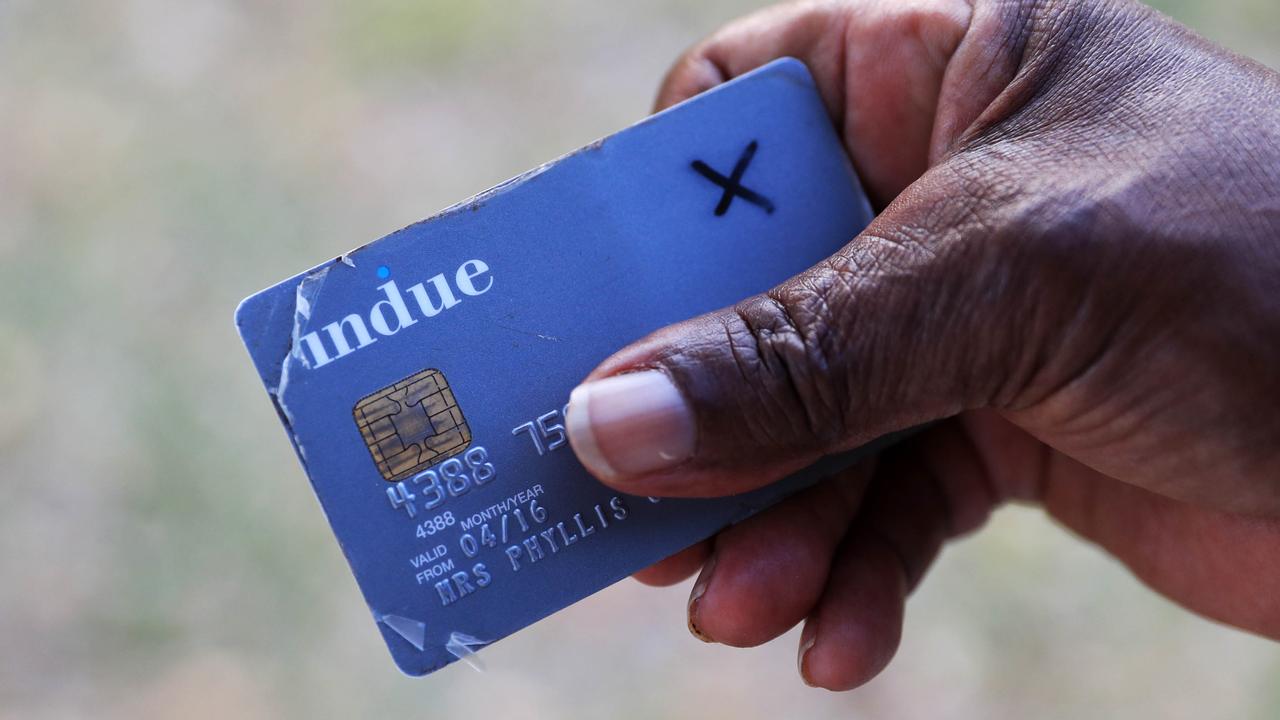Indigenous still waiting for disability service
MOST indigenous people who have received a funding package under the NDIS trial in the NT are still waiting for services.

MOST indigenous people who have received a funding package under the national disability insurance scheme trial in the Northern Territory are still waiting for services almost six months after their plans were approved.
The NDIS agency’s engagement in the region is so poor that the Northern Land Council, which straddles part of the trial, didn’t know the disability scheme had begun.
The rollout of the $28 billion scheme risks “making all the same mistakes” that have locked indigenous Australians out of the health and social support systems, according to a former NDIS planner and national operations manager of the First Peoples Disability Network, Andrew Fernando.
The situation is dire, according to the Australian Bureau of Statistics, which released figures yesterday showing indigenous Australians of all ages were more likely to be disabled than any other person, and middle-aged Aborigines had a prevalence of disability 2.7 times higher than their peers.
The unemployment rate of Aborigines with a disability was 25.3 per cent, nearly three times as high as the rate for non-indigenous people with a disability.
According to the bureau, there are more than 100,000 indigenous Australians with a disability, a number which appears to be a dramatic underestimate.
“I have no doubt they have totally underestimated the numbers,” network chairwoman Aunty Gayle Rankine said.
“We all know our people don’t have a word for disability but leaving that aside there is still a fear our children will be taken away like old times if there is something wrong.”
It was this enduring fear that needed to be addressed properly, Mr Fernando said. Taking full account of the numbers of Aboriginal people who needed support would also cost more. “I assume their budget in the NT will be well and truly blown out of the water,” he said.
“A lot of our people born on country don’t even exist in the medical system or on any record.”
The trial of the NDIS is currently focusing only on people who were already receiving state-based support. So far 31 people have approved plans, 28 of them Aboriginal.
“It is important to note that participants that received supports under previous disability systems continue to receive those supports while new or different services that have been funded are implemented,” an agency spokeswoman said.
At Tennant Creek, Anyinginyi Health Aboriginal Corporation general manager Trevor Sanders said the agency had improved its engagement in the area but backed calls to properly assess the incidence of disability.
“If you take the levels of foetal alcohol spectrum disorder, we don’t know the numbers because the government has not agreed on a diagnostic tool,” he said.
“A recent study in Fitzroy Crossing shows the rate could be as high as one-quarter or one-third of children, which is an absolutely alarming rate.’’


